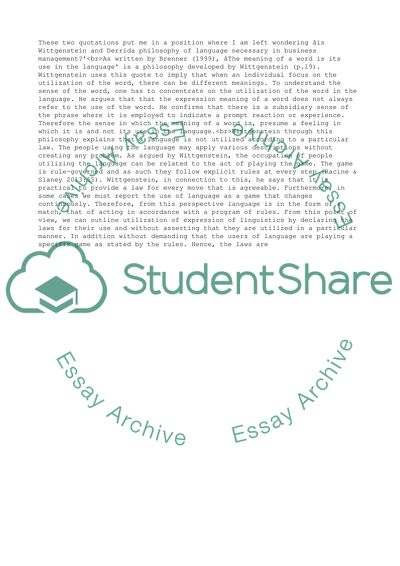Cite this document
(Managing Essay Example | Topics and Well Written Essays - 2750 words, n.d.)
Managing Essay Example | Topics and Well Written Essays - 2750 words. https://studentshare.org/management/1853241-managing
Managing Essay Example | Topics and Well Written Essays - 2750 words. https://studentshare.org/management/1853241-managing
(Managing Essay Example | Topics and Well Written Essays - 2750 Words)
Managing Essay Example | Topics and Well Written Essays - 2750 Words. https://studentshare.org/management/1853241-managing.
Managing Essay Example | Topics and Well Written Essays - 2750 Words. https://studentshare.org/management/1853241-managing.
“Managing Essay Example | Topics and Well Written Essays - 2750 Words”. https://studentshare.org/management/1853241-managing.


